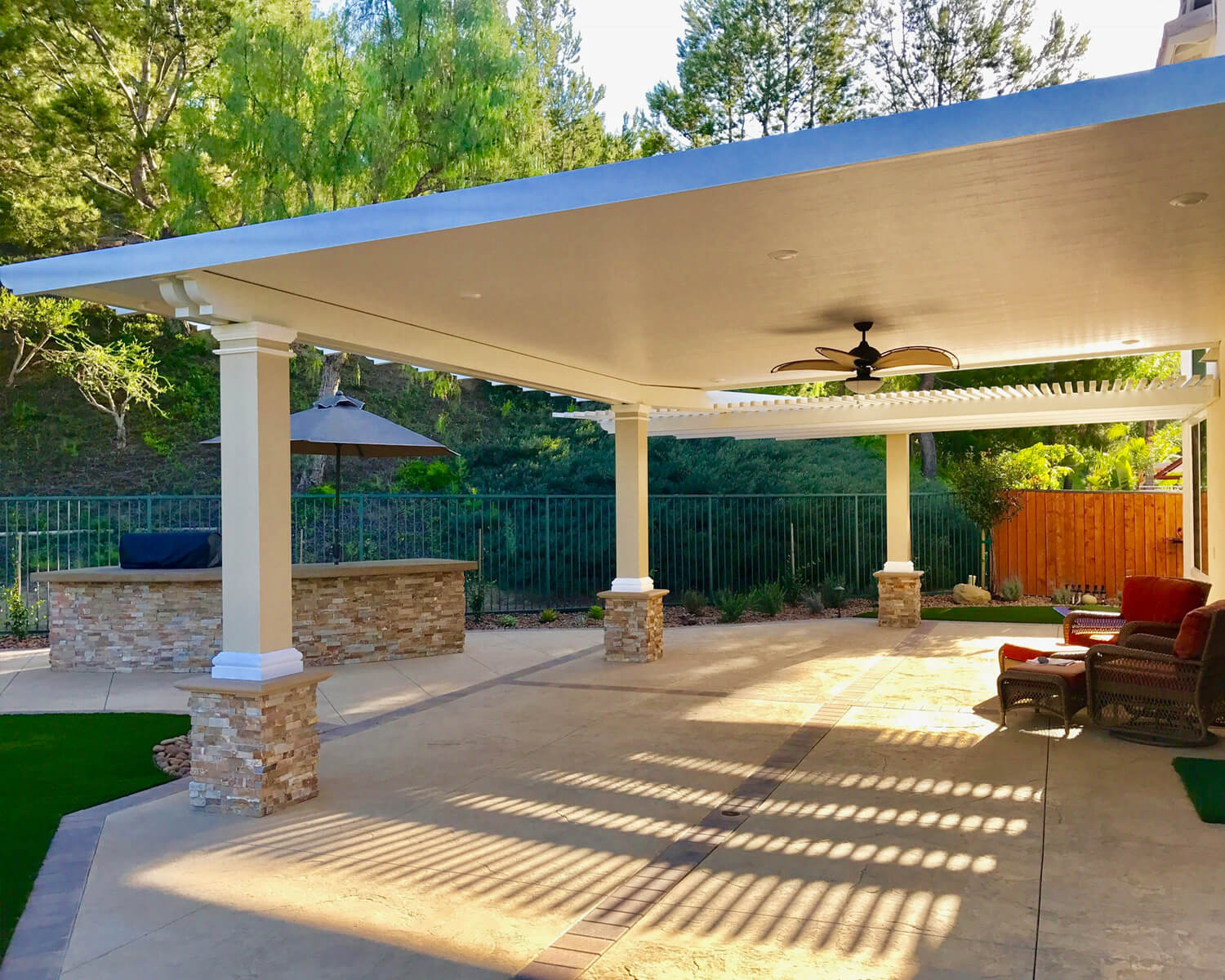
Image Source – Google
When it comes to maintaining a comfortable temperature in your home throughout the year, insulated roof panels can make a significant difference. These panels provide insulation to your roof, helping to regulate indoor temperatures, reduce energy costs, and enhance overall comfort. In this article, we will explore the benefits of insulated roof panels and how they can improve the quality of living in your home.
The Benefits of Insulated Roof Panels
Insulated roof panels offer a range of advantages that make them a valuable investment for homeowners. Here are some key benefits:
Energy Efficiency
- Insulated roof panels help to create a thermal barrier that prevents heat loss during the winter and heat gain during the summer. This helps to reduce the workload on your heating and cooling systems, leading to lower energy consumption and cost savings.
Improved Comfort
- By providing better insulation, roof panels can help maintain a consistent indoor temperature, ensuring a comfortable living environment year-round. They can also help reduce drafts and cold spots in the home.
Noise Reduction
- Insulated roof panels can help reduce external noise from entering your home, creating a quieter and more peaceful indoor environment.
Types of Insulated Roof Panels
There are different types of insulated roof panels available, each offering unique features and benefits. Here are some common types:
Polystyrene Insulated Panels
- Polystyrene insulated panels are lightweight and easy to install. They provide good thermal insulation and are cost-effective.
Polyurethane Insulated Panels
- Polyurethane insulated panels offer high thermal performance and excellent insulation properties. They are durable and moisture-resistant.
Fiberglass Insulated Panels
- Fiberglass insulated panels are lightweight, fire-resistant, and provide good thermal insulation. They are also environmentally friendly and recyclable.
Installation and Maintenance
Proper installation and maintenance of insulated roof panels are essential to ensure optimal performance and longevity. Here are some tips:
Installation
- It is recommended to hire a professional contractor for the installation of insulated roof panels to ensure proper fitting and sealing.
- Make sure that the panels are installed according to manufacturer guidelines to maximize their effectiveness.
Maintenance
- Regularly inspect the roof panels for any signs of damage, such as cracks or leaks, and repair them promptly to prevent energy loss.
- Clean the panels periodically to remove dirt, debris, and contaminants that can affect their performance.
Cost Considerations
While insulated roof panels offer long-term benefits in terms of energy efficiency and comfort, it is important to consider the initial cost of installation. Factors that can influence the cost include:
Panel Material
- The type of material used for the panels can affect the overall cost. Polyurethane panels, for example, tend to be more expensive than polystyrene panels.
Installation Complexity
- The size and complexity of the roof structure can impact the installation cost. A more intricate roof design may require additional labor and materials.
Energy Savings
- While there is an upfront cost to installing insulated roof panels, the energy savings over time can offset this initial investment. Consider the long-term benefits when evaluating the cost.
Conclusion
Insulated roof panels are a valuable addition to any home, offering a range of benefits including energy efficiency, improved comfort, and noise reduction. By choosing the right type of panels and ensuring proper installation and maintenance, you can enjoy a more comfortable and energy-efficient living space year-round. Consider investing in insulated roof panels to enhance the overall quality of living in your home.
